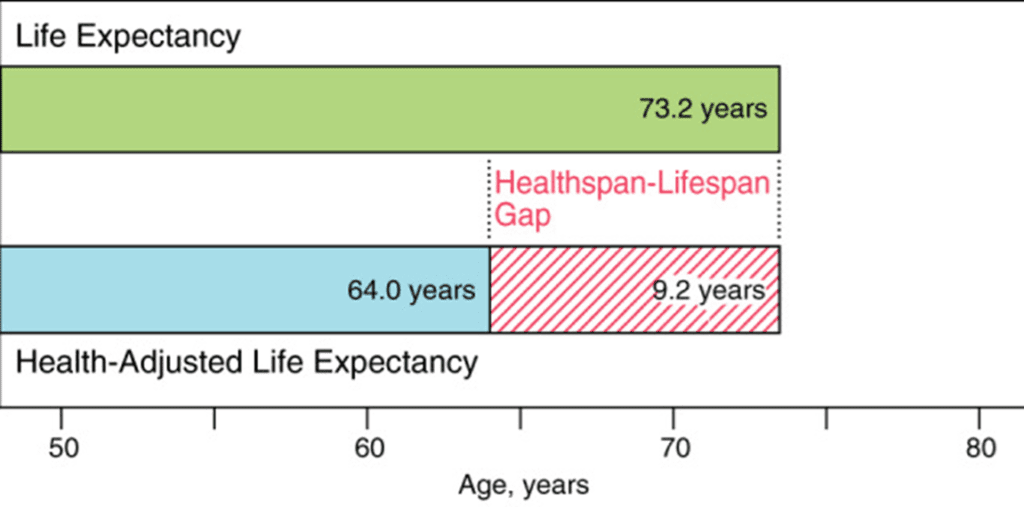Palm Springs, Sept 2022

“We can change so much suffering by changing what goes on our clients plates – and by doing so we are offering vibrancy and vitality to peoples lives”
Scott Stoll MD FABPM
Disclosure: In my personal life and professional practice I am neither chained or committed to any one nutritional prescription (food plan) other than being open to helping others find a way to be with food that is enjoyable and maximises their well-being. I am a strong advocate of healthy nutrition for Well-Being, and for the prevention and sometimes reversal of disease and illness. I have seen evidence of this in my own and client’s health. This conference report and its’ research are focussed on plant-based nutrition, – I am not wholly plant based but would describe myself as heavily plant based. I believe that every individual is metabolically different to the next, and our requirements fluctuate. I do encourage the strategy of elimination and reintroduction to test tolerance and response.

Note: When I arrived in Palm Springs I was seriously affected by an acute spontaneous Auto Immune disorder. I had been dealing with it since April 2022. (it has been noted by my Gp that it’s a potential adverse reaction of the Covid vaccination, reacting with Covid) I adopted a plant-based and largely alcohol-free plan, at the conference and ongoing for 7 weeks while travelling and researching, and got relief for the first time in several months. I have reintroduced certain foods and had some reoccurrences but now I am having very few symptoms. There is no doubt in my mind that changing my nutrition has seen the auto immune disorder go into remission. Food has indeed been my medicine.
I was really fortunate to be able to attend this four-day conference in the lovely dry heat of Palm Springs Desert in California. An inspiriting setting surrounded by a tribe of over 1000 health professionals committed to preventing and in many cases reversing disease and illness in people through quality nutrition.
You can imagine we covered a lot of territory in 4 days and considerable research was tabled to support the mechanisms being prescribed, with an A list of USA specialists & Speakers such as:
Dean Ornish, MD : New York Times Best Seller. Founder & President, The Preventive Medicine Research Inst.
Kristi Funk, MD, FACS : Board-certified breast cancer surgeon, & Best-Selling Author
Ocean Robbins: Yes Ocean is indeed grandson of the Baskin Robbins Empire. CEO & Co Founder of the 500,000+ Food Revolution Network.
Scott Stoll MD, FABPMR : Chairman and Co-Founder of the Plantrician project. Scott was impressively part of the USA Olympic Bobsled team 1984
Koushik R. Reddy, MD: Director of Interventional Cardiology at the James A.Haley VA Medical Centre
I will begin with one of the key themes coming up everywhere internationally that first bubbled up about 10 years ago – Healthspan versus lifespan. At MeInc I call it “living longer, younger”. The report here is from memory and notes I took, and clips from presentations and abridged therefore not necessarily an accurate reflection of the full intent – where possible all references have been named.
Keynote: Healthspan Adding Life to Lifespan – Scott Stoll MD
“The epidemic of non-communicable diseases (NCD’s eg Cancer, Type II diabetes, Cardio Vascular Disease) is the number one cause of death globally. Yet, morbidity and lost quality of life are often a footnote. The rising rates of NCD’s and lost quality of life are placing an ever-increasing burden on individuals, families and healthcare systems. Nutrition and lifestyle are the best solution to the morbidity and disability from NCD’s and the optimal way to add years to life and life to those years.” Here Scott highlights evidence that nutrition and lifestyle dramatically improve both quantity and quality of life and thus health span.
“Healthspan is the period of your lifespan spent in good health, free from chronic diseases and disabilities of aging”
The modern concept is a linear model, (Below) that we have normal aging, then develop age related diseases that cut short our Health Span. In the last 50 years we have added about 30 years to our life span, but we are now experiencing a devolution of health span because of age related diseases. It is estimated that a large percentage of our population will live 20% of their life with deficient health

The challenge Scott laid to us was this:
The current definition is flawed because: It’s a passive definition as it doesn’t give any hope that you can actively change your Health span. There is a strong mis-classification in literature of “age related” disease because actually in most cases its life-style related disease.
What does the word health mean? A large population survey asked people what they thought health was they said “mobility” most people thought as long as they could walk, they were in good health! We can still have a high quality of life even if we carry a condition or disease.
To expand health span for individuals – we need to look at regeneration and anti Senisence (turn back the clock on the cells) -and understand the determinants. In the USA the strongest determinant of health is – Your zip code. But what is missing from the mainstream models is lifestyle intervention., especially beginning with what people are putting on their plates
The challenge in the health care system today is that there is a blind spot – if we are to truly improve the quality of someone’s life and to turn back the clock on disease, providers are not equipped to do so because of their education. Mainstream healthcare providers aren’t looking to lifestyle as a solution for the disease burden we are facing. It was estimated that patient facing health professionals in general medicine had received less than 4 hours training on nutrition alone in their current careers!
“Disease and health spread through social networks”
The importance of connection

Exercise studies show social networks greatly influence a person’s determination to exercise. A US study showed that if you have a close friend that becomes obese your chance of becoming obese is increased by 171% .We are socially regulated by others, when we eat with people who eat more we do, we often ignore our normal cues & eat more co-egulated by the connection.
Quitting smoking also spreads through social networks – If your significant other quits you have a 67% decreased chance of smoking. You are likely to be 25% happier if you have a happy friend that lives less than 1.6k away.
People inoculate their homes and environments with their microbiome and in some cases, friends had the same microbiome where they had been together for years as they share bacteria on a regular basis.
We share more than we realise in community
Community, connection and social support is rapidly growing as a proven mechanism in expecting better health outcomes and improved health spans. It is definitely a theme that came up in key presentations on heart disease prevention, Cancer recovery & general wellbeing. I have developed such a keen interest in both longevity and health span I am going to visit Costa Rica later this year which is one of the worlds “blue zones” – more on that to follow. Scott presented a study that showed significantly poorer health outcomes if individuals experience loneliness and isolation.
With the absence of meaningful connection there were increased risks of:
- Blood pressure
- More likely to require ventilator for pneumonia
- More colds and flu
- Mortality risk associated with a lack of a strong social networks was comparable to smoking up to 15 cigarettes a day or having 5 alcoholic drinks a day
Whereas the benefits of strong social connection were:
- Improved immune system
- Reduced cortisol/stress
- Better outcomes after a heart attack
- Shorter hospital stays
- The more often you are hugged the lower the risk of illness
- Lower levels of anxiety and depression
“There comes a time when we need to stop pulling people out of the river. We need to go upstream and find out why they’re falling in”. – Desmond Tutu
1. Crowe, Christopher L., et al. “Associations of loneliness and social isolation with health span and life span in the US health and retirement study.” The Journals of Gerontology: Series A76.11 (2021): 1997-2006.
2. Weidema, Bo P., and Peter Fantke. “Relating the Global Burden of Disease to life cycles.” Procedia CIRP 69 (2018): 417-422.
3. Dai, Haijiang, et al. “Worldwide Trends in Prevalence, Mortality, and Disability-Adjusted Life Years for Hypertensive Heart Disease From 1990 to 2017.” Hypertension 77.4 (2021): 1223-1233.
4. Kostova, Deliana, Rachel Nugent, and Patricia Richter. “Noncommunicable disease outcomes and the effects of vertical and horizontal health aid.” Economics & Human Biology 41 (2021): 100935.
5. Baden, Megu Y., et al. “Changes in plant-based diet quality and health-related quality of life in women.” British Journal of Nutrition 124.9 (2020): 960-970
